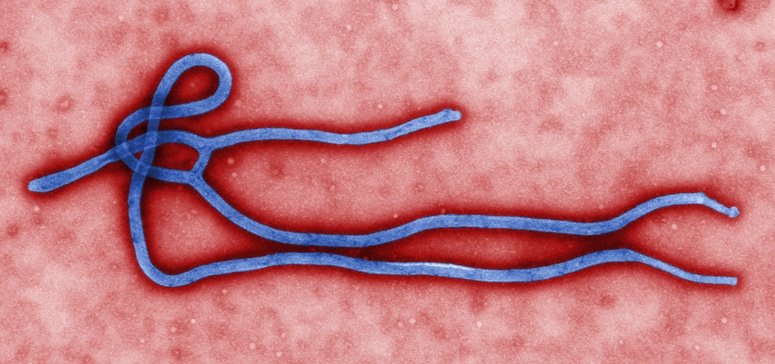Ebola virus is a deadly disease. At this time there is no vaccine to provide immunity to the Ebola virus. There is no cure for Ebola. There is currently an outbreak of Ebola Virus in several West African nations. As far as we know, there is one current case in the U.S. of a traveler that came to the United States from a West African nation. He was exposed to and infected with Ebola there. He developed symptoms of the disease after his arrival to the U.S. The other patients in the U.S. that have or had Ebola were either medical workers or media personnel that spent time in a West African nation and returned to the U.S. for medical treatment.
So far there is no outbreak in the U.S. However, it helps to be prepared in the event more cases surface. This can happen as we continue to allow travelers into the U.S. who may have been exposed to Ebola. Until a process is in place that provides a more stringent assessment of travelers coming into the U.S., more cases may be likely to occur. Also, if travelers are not forthcoming regarding their medical histories and possible exposure to Ebola, it's conceivable that more people may arrive who are in the incubation period and will develop symptoms soon after their arrival.
A brief overview of some of the some of the latest scientific research tells us:
So far there is no outbreak in the U.S. However, it helps to be prepared in the event more cases surface. This can happen as we continue to allow travelers into the U.S. who may have been exposed to Ebola. Until a process is in place that provides a more stringent assessment of travelers coming into the U.S., more cases may be likely to occur. Also, if travelers are not forthcoming regarding their medical histories and possible exposure to Ebola, it's conceivable that more people may arrive who are in the incubation period and will develop symptoms soon after their arrival.
A brief overview of some of the some of the latest scientific research tells us:
- Ebola symptoms include (but are not limited to) fever, diarrhea, vomiting, headache, muscle aches, joint pain, abdominal (stomach) pain and bleeding (hemorrhaging) with no known cause.
- Avoid travel to areas in the world where Ebola virus is occurring.
- Ebola virus has an incubation period of 2 - 21 days. (This is the range of time it can take to develop an infection after exposure to the virus).
- A person infected with Ebola virus is contagious once they have symptoms.
- Exposure to the body fluids of a person with Ebola virus that is having symptoms can infect you and give you the Ebola virus.
- Protect yourself with PPE (personal protective equipment) such as facial masks, eye goggles, medical gloves, protective gowns and shoe covers if you are faced with an unexpected interaction with someone who is sick with the symptoms of Ebola virus.
- Remember to practice good hand washing using soap and water for at least 30 seconds or use an alcohol based hand sanitizer after any possible exposure to any illness or disease.
- Seek medical care with a licensed health care professional without delay if you're concerned about a possible exposure or if you or anyone you know is ill and needs help.
